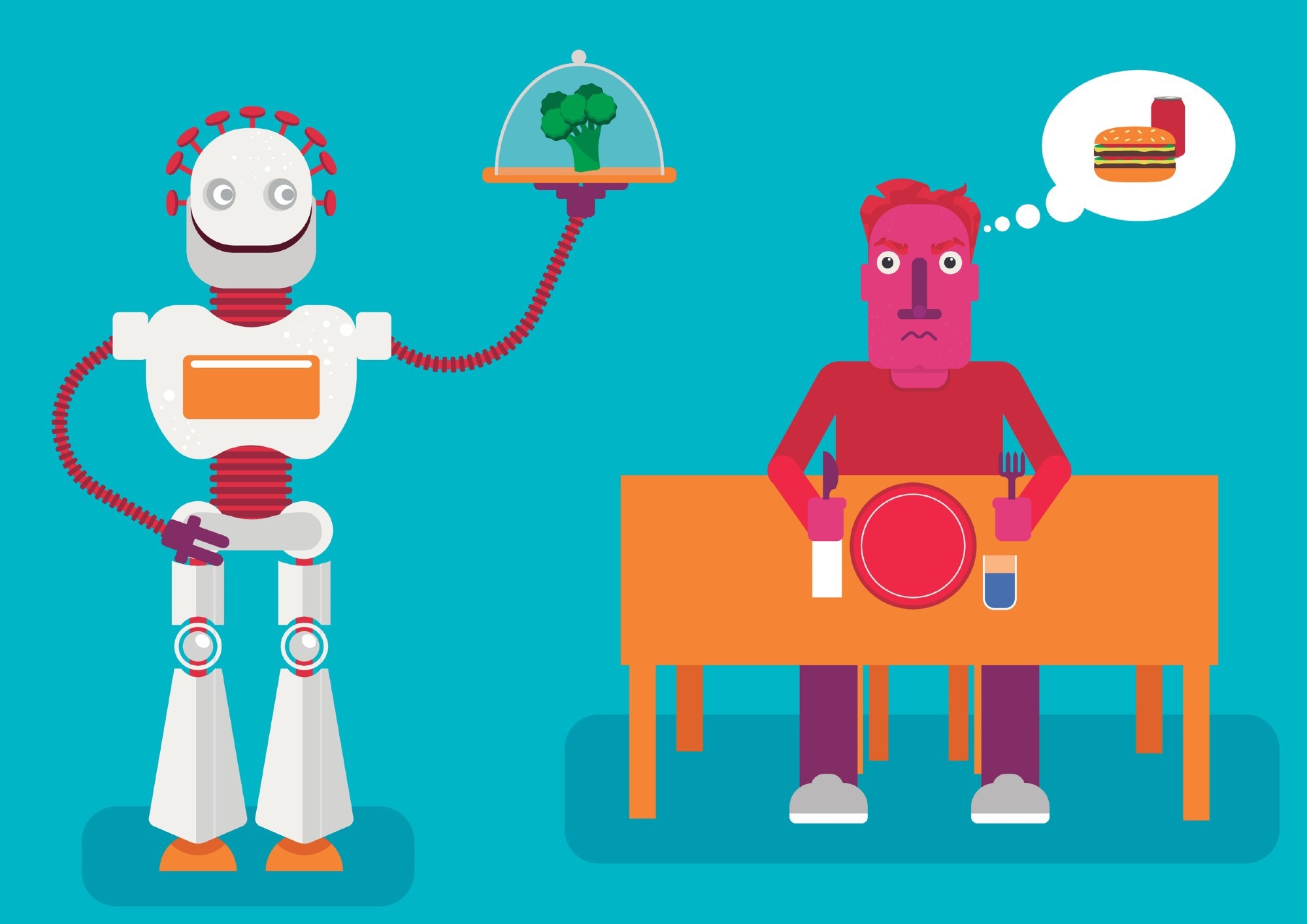
A new survey conducted in the United Kingdom has found that a significant number of young people harbor deep ambivalence—or even regret—about the pervasive role of the internet in modern life. According to the findings, nearly half of respondents expressed a desire to live in a world where the internet had never been invented.
The survey, though limited in publicly available methodological details, underscores a growing generational reflection on the modern digital landscape. While the internet has become nearly inescapable in daily life, especially among younger demographics, it seems that its omnipresence is also giving rise to disillusionment.
The reasons behind this sentiment are varied. Mental health concerns have increasingly been linked to excessive time online, particularly on social media platforms. Young people have reported increased levels of anxiety, depression, and social pressure stemming from online interactions and digital comparison culture. Additionally, issues surrounding online privacy, digital addiction, and the overwhelming influx of information are contributing factors.
Commentators have pointed out that while young people are digital natives—having grown up with the internet as an integral part of their education, communication, and entertainment—they also experience its drawbacks intensely. This generational paradox highlights the need for a more balanced and conscious approach to technology use.
Experts suggest that this discontent does not necessarily mean younger people wish to abandon the internet entirely, but rather signals a desire for a different kind of digital experience—one that is safer, healthier, and more human-centered. Policymakers and technology developers may need to take these sentiments seriously as they work to shape the future of online environments.
The survey reflects a broader cultural moment in which people of all ages, but particularly youth, are questioning the tradeoffs of constant connectivity. As society moves forward, addressing these concerns may be key to fostering a more balanced relationship with digital technology.
Source: https:// – Courtesy of the original publisher.








